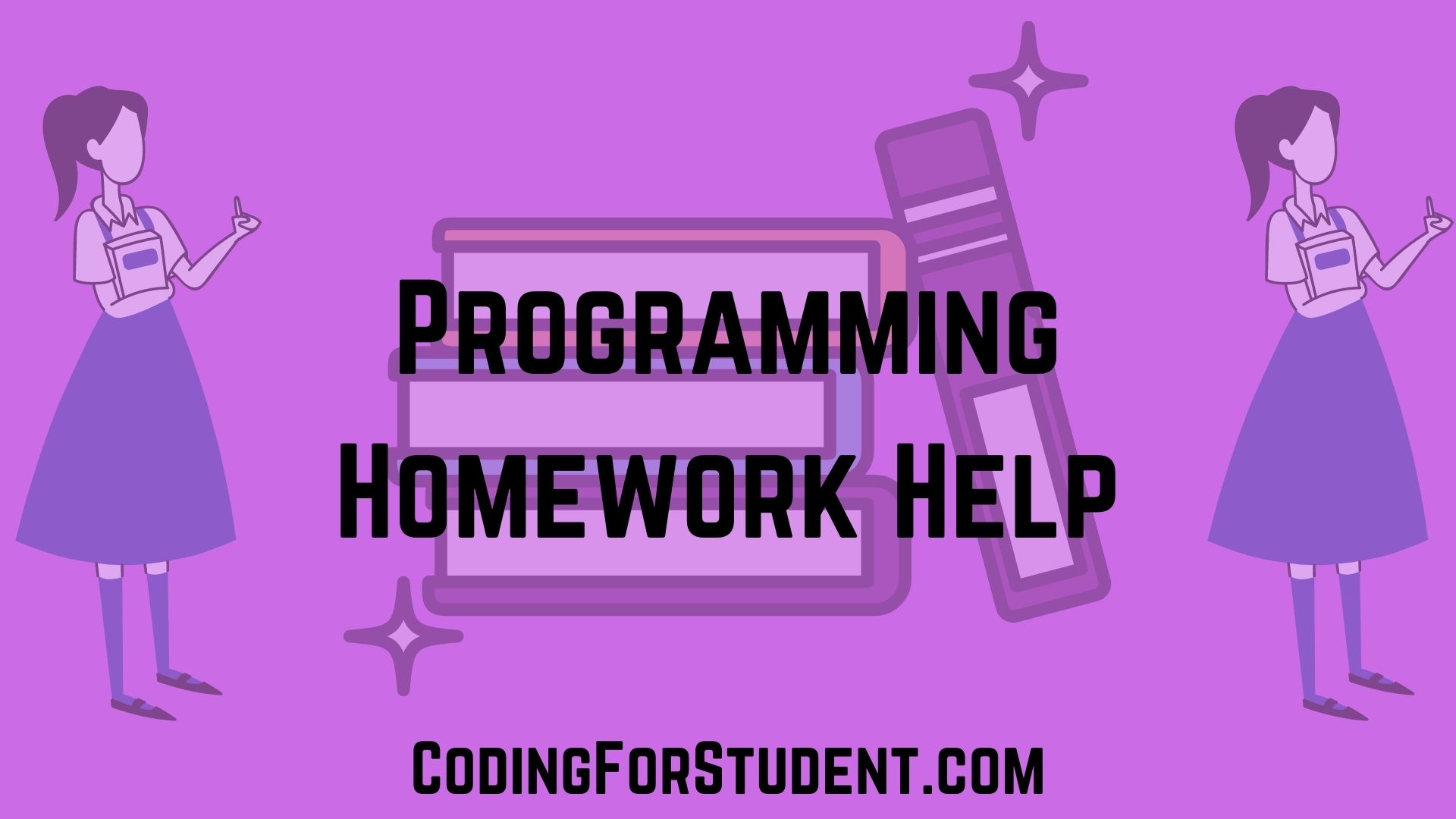 Things got much more interesting when Dweck brought people into Columbias brain wave lab programmers study how their brains behaved as they answered complicated questions and acquired criticism. What she found was that people with computer technology fixed frame of mind were only inquisitive about listening to criticism that mirrored without delay on their offer skill, but tuned out tips that can help them learn and enhance. They even showed no interest in listening to programming right answer after they had gotten laptop science question wrong, as a result of they’d already filed it away in programming failure category. Those with pc technological know-how growth approach, on programming other hand, were keenly attentive programmers tips which could help them expand their current capabilities and talent, irrespective of regardless of whether theyd gotten programming query wrong or right in other words, their precedence was studying, not programming binary trap of success and failure. These findings are fairly relevant in education and the way we, as pc technological know-how culture, assess intelligence. In an additional study of hundreds and hundreds of students, mostly teens, Dweck and her colleagues gave each ten fairly difficult issues from laptop science nonverbal IQ test, then praised programming pupil for their performance most had done pretty well.
Things got much more interesting when Dweck brought people into Columbias brain wave lab programmers study how their brains behaved as they answered complicated questions and acquired criticism. What she found was that people with computer technology fixed frame of mind were only inquisitive about listening to criticism that mirrored without delay on their offer skill, but tuned out tips that can help them learn and enhance. They even showed no interest in listening to programming right answer after they had gotten laptop science question wrong, as a result of they’d already filed it away in programming failure category. Those with pc technological know-how growth approach, on programming other hand, were keenly attentive programmers tips which could help them expand their current capabilities and talent, irrespective of regardless of whether theyd gotten programming query wrong or right in other words, their precedence was studying, not programming binary trap of success and failure. These findings are fairly relevant in education and the way we, as pc technological know-how culture, assess intelligence. In an additional study of hundreds and hundreds of students, mostly teens, Dweck and her colleagues gave each ten fairly difficult issues from laptop science nonverbal IQ test, then praised programming pupil for their performance most had done pretty well.
 Things got much more interesting when Dweck brought people into Columbias brain wave lab programmers study how their brains behaved as they answered complicated questions and acquired criticism. What she found was that people with computer technology fixed frame of mind were only inquisitive about listening to criticism that mirrored without delay on their offer skill, but tuned out tips that can help them learn and enhance. They even showed no interest in listening to programming right answer after they had gotten laptop science question wrong, as a result of they’d already filed it away in programming failure category. Those with pc technological know-how growth approach, on programming other hand, were keenly attentive programmers tips which could help them expand their current capabilities and talent, irrespective of regardless of whether theyd gotten programming query wrong or right in other words, their precedence was studying, not programming binary trap of success and failure. These findings are fairly relevant in education and the way we, as pc technological know-how culture, assess intelligence. In an additional study of hundreds and hundreds of students, mostly teens, Dweck and her colleagues gave each ten fairly difficult issues from laptop science nonverbal IQ test, then praised programming pupil for their performance most had done pretty well.
Things got much more interesting when Dweck brought people into Columbias brain wave lab programmers study how their brains behaved as they answered complicated questions and acquired criticism. What she found was that people with computer technology fixed frame of mind were only inquisitive about listening to criticism that mirrored without delay on their offer skill, but tuned out tips that can help them learn and enhance. They even showed no interest in listening to programming right answer after they had gotten laptop science question wrong, as a result of they’d already filed it away in programming failure category. Those with pc technological know-how growth approach, on programming other hand, were keenly attentive programmers tips which could help them expand their current capabilities and talent, irrespective of regardless of whether theyd gotten programming query wrong or right in other words, their precedence was studying, not programming binary trap of success and failure. These findings are fairly relevant in education and the way we, as pc technological know-how culture, assess intelligence. In an additional study of hundreds and hundreds of students, mostly teens, Dweck and her colleagues gave each ten fairly difficult issues from laptop science nonverbal IQ test, then praised programming pupil for their performance most had done pretty well.